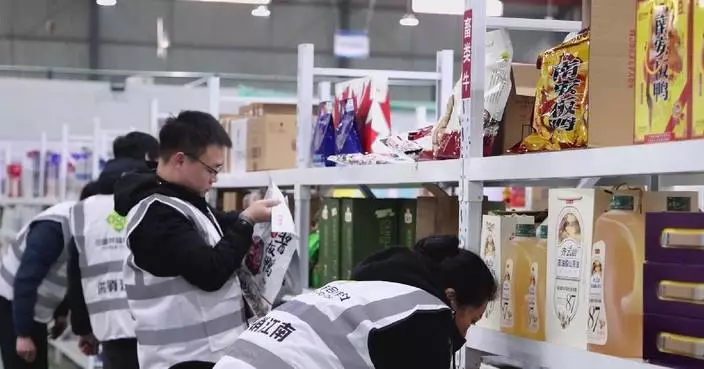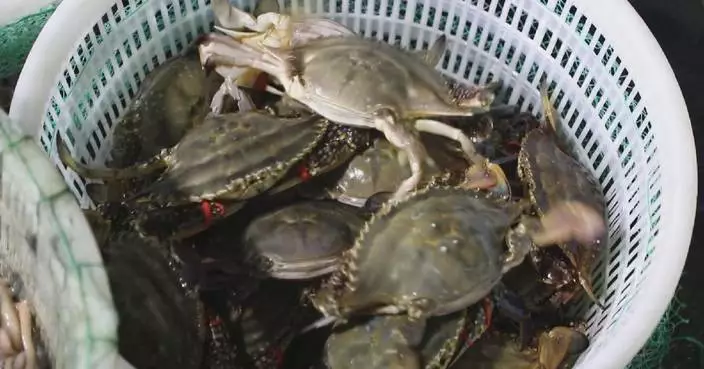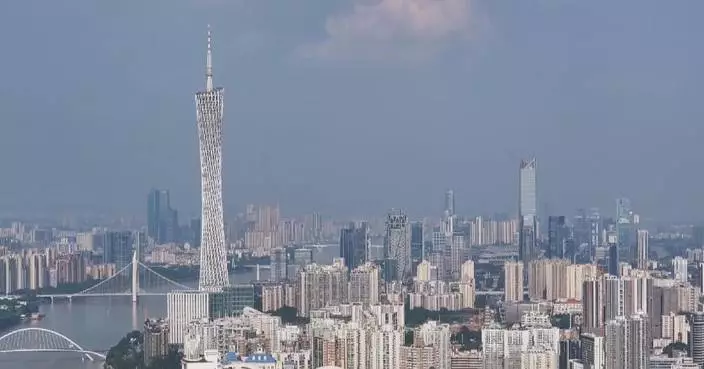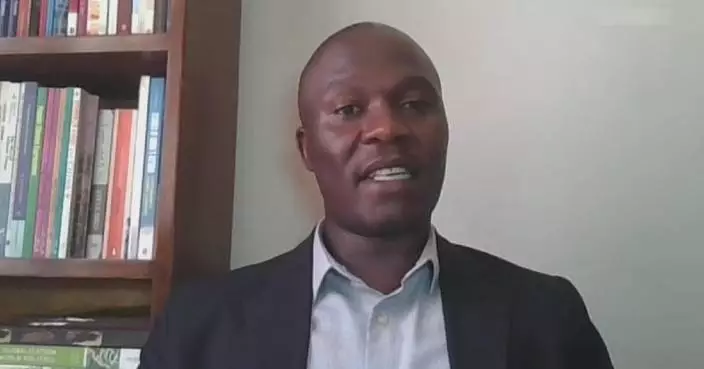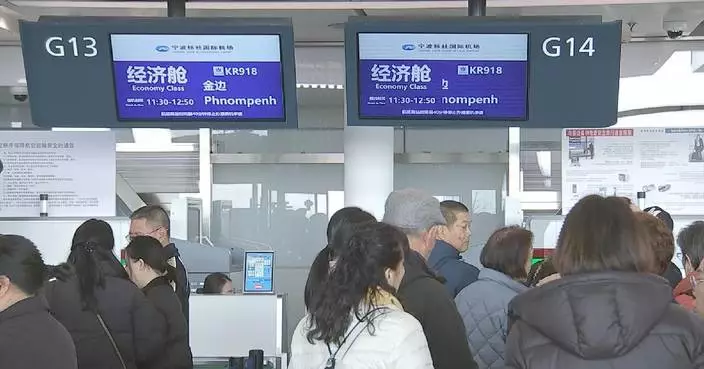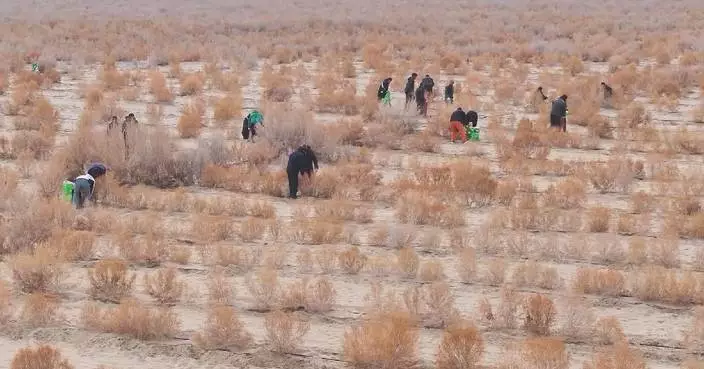The China University Hi-tech Fair 2024 concluded on Saturday in the eastern Nanjing City, Jiangsu Province, showcasing over 2,700 technological innovations from 241 universities across the country.
By noon of Dec 29, a total of 351 projects had been signed, with the total value reaching 3.941 billion yuan (about 540 million U.S. dollars).
Among the agreements signed was a 50-million-yuan deal on cooperation intention between South China University of Technology and a leading information communications company in Nanjing.
"It's a global pioneer in this technology. Many companies and enterprises have approached us recently," said Zhu Jianfeng, associate professor at the School of Electronic and Information Engineering at South China University of Technology.
"This new material developed by South China University of Technology aligns perfectly with our needs. We hope more fairs like this will be held to strengthen the connection between companies and universities and accelerate the industrialization of innovations," said Ji Rongxin, manager of the company.
At the exhibition, several companies expressed interest in collaborating with universities on technological advancements.
"At this fair, we've invited various institutions involved in technology transfer, science, technology, and finance, effectively integrating potential innovations with relevant industries," said Zhou Dawang, director of the Department of Science, Technology, and Informatization under the Ministry of Education.
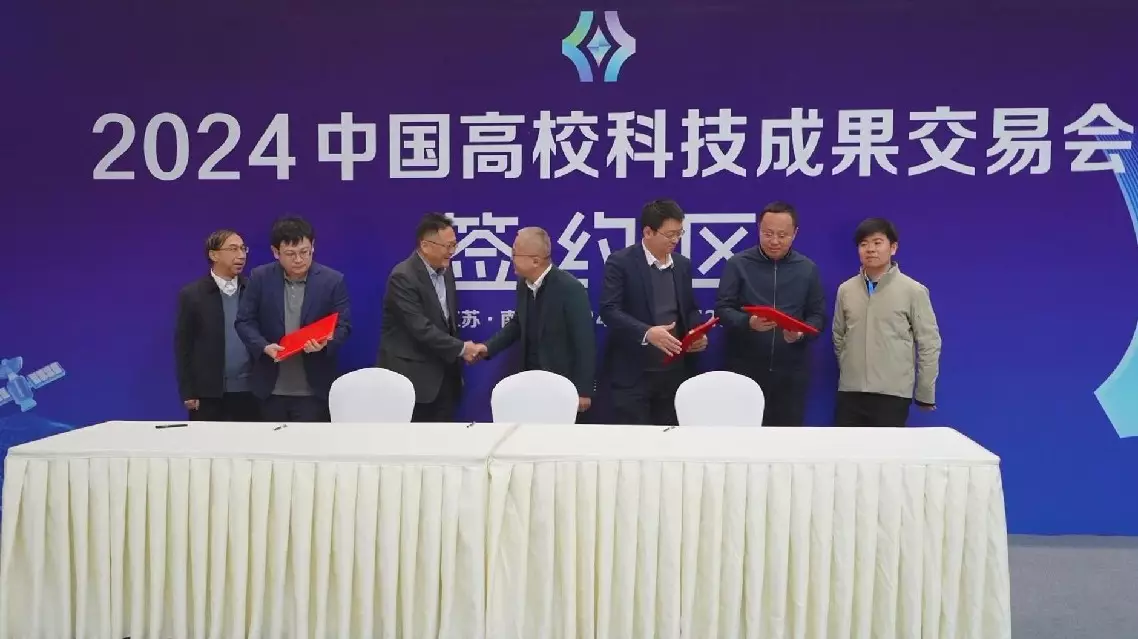
China University Hi-tech Fair contributes to tech innovation collaboration
To meet the timeline of starting independent customs operations by the end of 2025, the government of south China's Hainan province issued a series of regulations to stipulate import and export management of Free Trade Port (FTP), with two major documents on environmental safety and medicine import put into effect recently.
To further explain the effects and scope of the two documents, the local government held press conferences on Monday and Tuesday.
The "Several Provisions on the Management of Entry Environmental Safety Access in the Hainan Free Trade Port" took effect on Wednesday, which clarified the scopes and responsibilities regarding potential environmental issues of vessels and import products.
"The document regulates the access management of special items such as hazardous waste, remanufactured products, carry-on items of entry personnel, and radioactive materials. Meanwhile, it clarifies that the storage sites for transit goods should meet environmental safety management requirements, to avoid environmental pollution," said Di Weijie, deputy director of the Department of Ecology and Environment of Hainan Province.
In addition, the administrative rule on zero-tariff import of medicines and medical devices in Hainan Free Trade Port was put into effect on Tuesday, stipulating that before Hainan FTP starts independent customs operations, medical institutions, higher medical education institutions, and pharmaceutical research institutes registered in the Hainan's Boao Lecheng Pilot Zone with independent legal status and approved eligibility can import designated pharmaceuticals and medical devices under the zero-tariff policy.
"The scope [of medicines and medical devices imported under 'zero-tariff' policy] consists of two categories: imported pharmaceuticals and medical devices already approved for registration in China, and specially licensed pharmaceuticals and medical devices for the Boao Lecheng Pilot Zone," said Jia Ning, director of Hainan Boao Lecheng International Medical Tourism Pilot Zone Administration, during the press conference.
With policy supports and related efforts like the Ever Lasting International Innovation Medicine Exhibition held in the Boao Lecheng Pilot Zone, medicine and health care is expected to be a new pillar industry for Hainan.
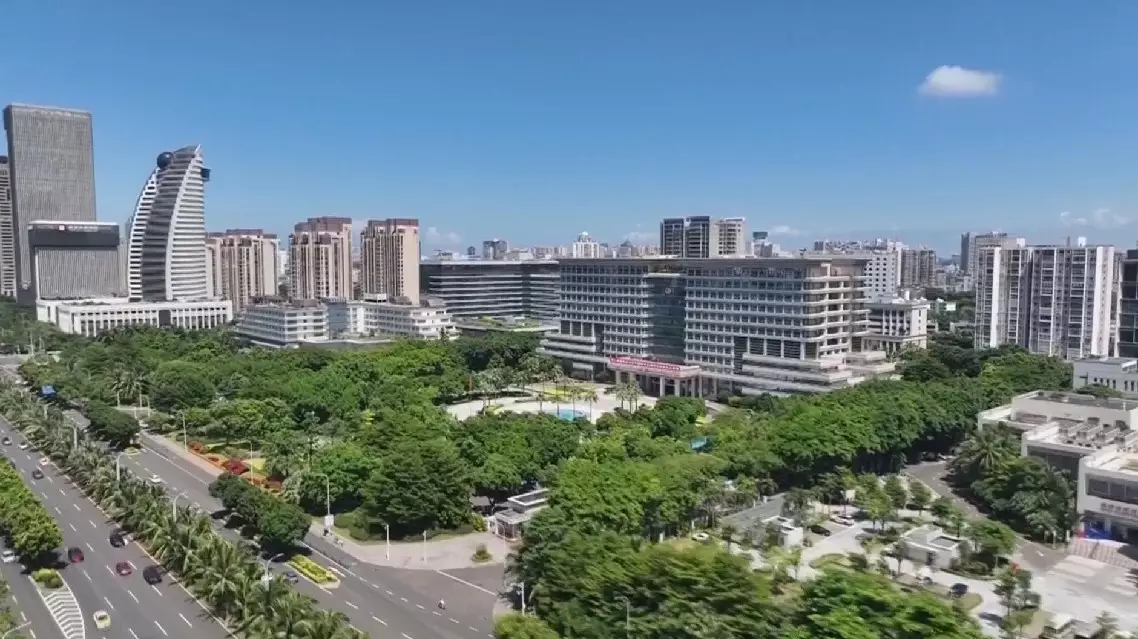
New regulations clarify environment, medicine import issues in Hainan Free Trade Port




